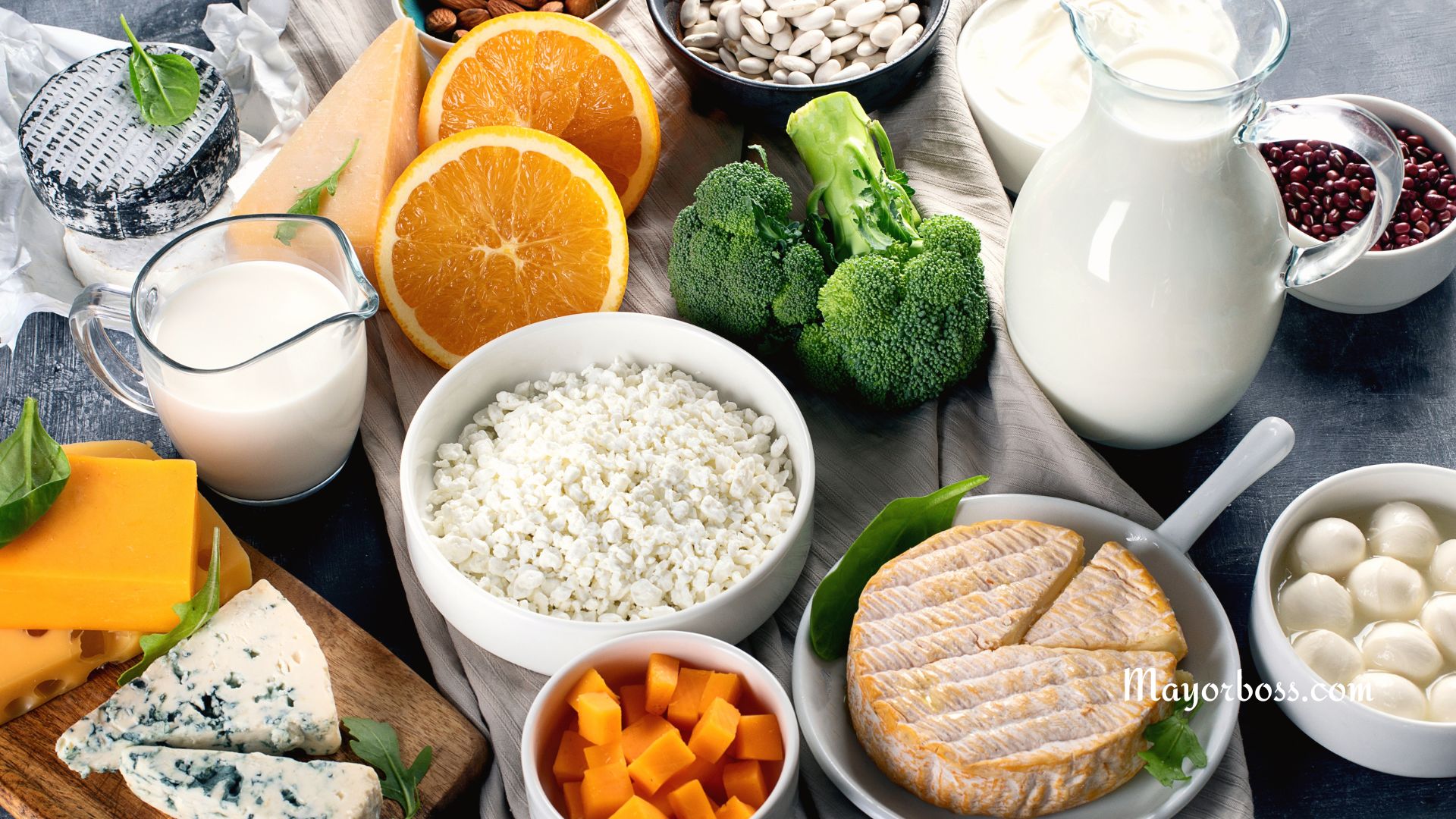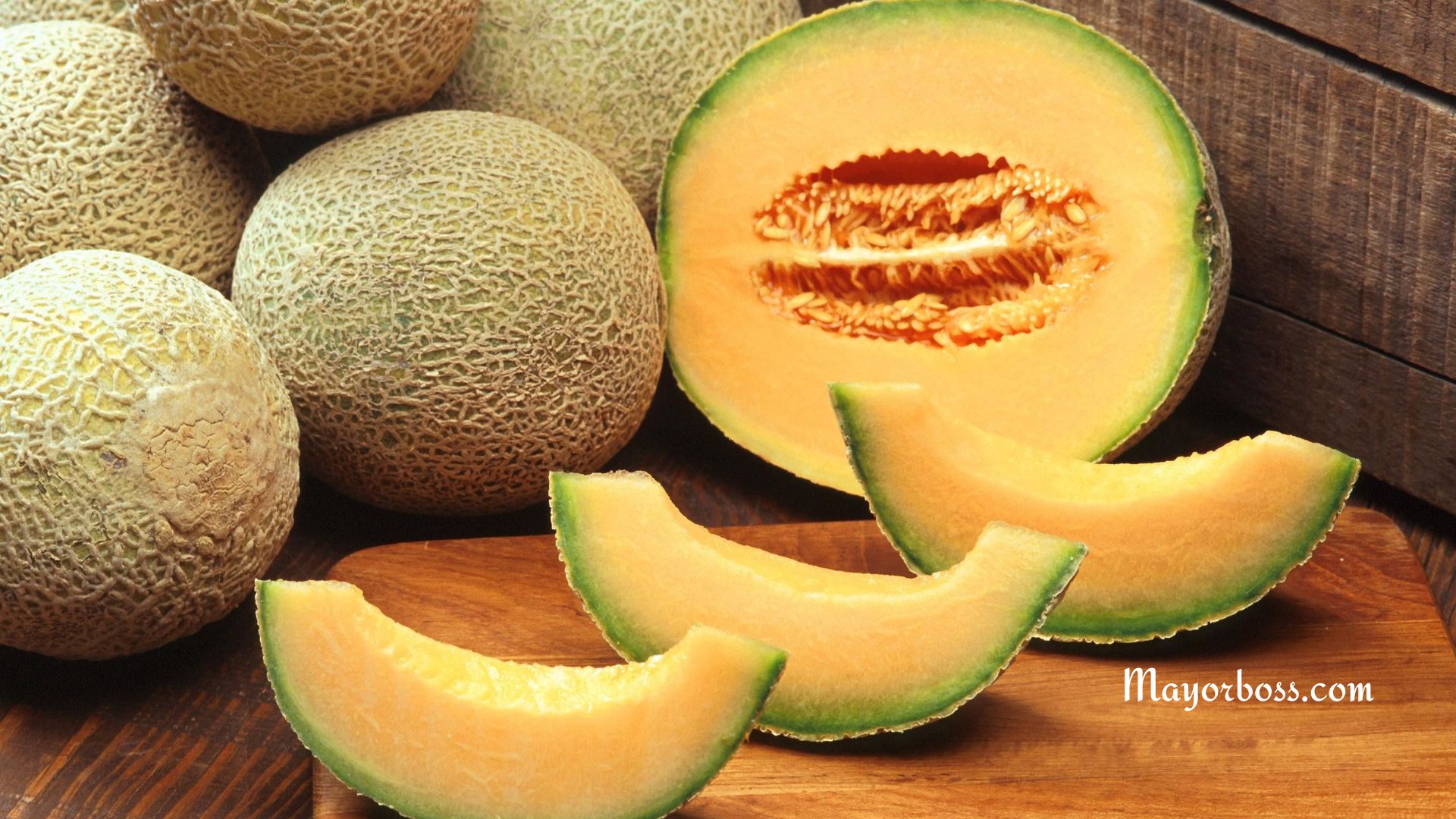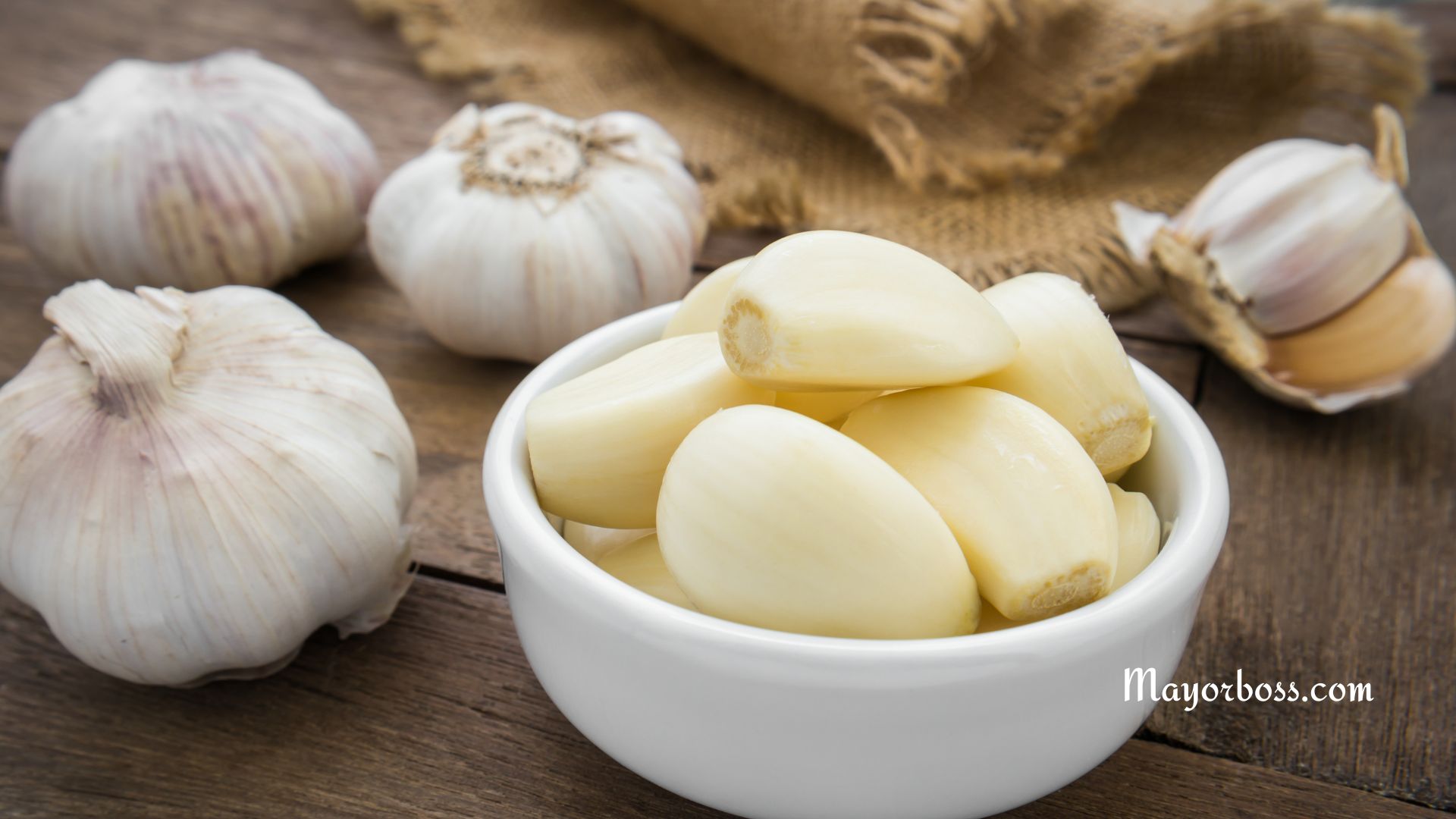Why You Need Zinc and How to Get It
- Zinc is beneficial for the body in many ways, including supporting a healthy immune system, helping with wound healing, and improving fertility.
- Zinc can be found in a variety of foods, such as oysters, red meat, poultry, beans, nuts, and whole grains.
- The recommended daily allowance for zinc is 11 milligrams for adult men and 8 milligrams for adult women.
- Zinc supplements are also available and can be taken in tablet, capsule, or liquid form.
According to the National Institutes of Health, zinc is a mineral that is essential for human health.
It is necessary for the proper functioning of the immune system and for the healing of wounds.
Zinc is also involved in the metabolism of carbohydrates, proteins, and fats.
Not to mention, it plays a role in DNA synthesis and cell division.
Although zinc is found in a variety of foods, many people do not get enough of this important nutrient. (1)
Why you need zinc
Your body needs zinc for many different functions.
Here are some of the things that zinc does in your body:
- Zinc boosts your immune system and helps your body fight off infections.
- It speeds up wound healing.
- It helps your body better to absorb other nutrients, such as vitamin A.
- Plays a role in fertility and reproduction.
- Improve your thyroid function
- Help to prevent certain chronic diseases, such as heart disease and cancer.
- It improves cognitive function and protects against age-related mental decline.
As you can see, zinc is an important nutrient with many different health benefits. (2, 3)
While most people get enough zinc from their diet, certain groups of people are at risk for zinc deficiency.
This includes vegetarians and vegans, pregnant women, people with chronic diseases, and the elderly.
What are the risks of not getting enough zinc?
Zinc deficiency can lead to a number of health problems, such as:
- Diarrhea
- Poor immune function
- Impaired appetite
- Thinning hair
- Mood disturbances
- Dry skin
- Lethargy
- Fertility problems
- Delayed wound healing
- A decreased sense of smell and taste
In severe cases, zinc deficiency can lead to weight loss, hair loss, and chronic diarrhea. (4)
If you think you may be deficient in zinc, talk to your doctor about getting a blood test.
Due to poor dietary intake, it is estimated that approximately 2 billion individuals throughout the world are zinc deficient. (5)
Foods high in zinc
Zinc is found in a variety of foods, but oysters contain the highest amount of this mineral.
Other good food sources of zinc include:
- Beef
- Pork
- Turkey and chicken
- Shellfish, such as crab, lobster, and clams
- Fish
- Eggs
- Nuts and seeds, such as pumpkin seeds and cashews
- Legumes, such as beans and lentils
- Dairy products, such as milk, cheese, and yogurt
- Whole grains
- Cacao powder
- Mushrooms
If you eat a variety of these foods, you should be able to get the zinc you need from your diet. (6)
How much zinc per day
The RDA for zinc is 8 milligrams (mg) per day for adult women and 11 mg per day for adult men.
Pregnant women should aim for 11 mg of zinc per day, and lactating women should aim for 12 mg per day. (7)
Zinc supplement
You may need to take a supplement if you’re not getting enough zinc from your diet.
Zinc supplements are available in different forms, including tablets, capsules, and liquids.
Keep in mind that zinc is found in the majority of multivitamins and mineral supplements.
Zinc sulfate, zinc gluconate, and zinc acetate are minerals that may be found in some multivitamins and mineral supplements.
The recommended dose is usually between 15 mg and 30 mg per day.
Besides, the amount is usually listed on the label of your supplement.
However, it’s always best to talk to your doctor before starting any supplement, especially if you’re pregnant or breastfeeding. (8)
The bottom line
Zinc is an essential mineral that plays a key role in many biological processes.
It is involved in DNA replication, cell growth, and wound healing, and it also helps to boost the immune system.
Unfortunately, zinc deficiency is a common problem, affecting up to two billion people worldwide.
The best way to prevent zinc deficiency is to make sure that you consume enough zinc-rich foods.
However, if you think you may be deficient in zinc, talk to your doctor about getting a blood test. You may also need to take a supplement.






